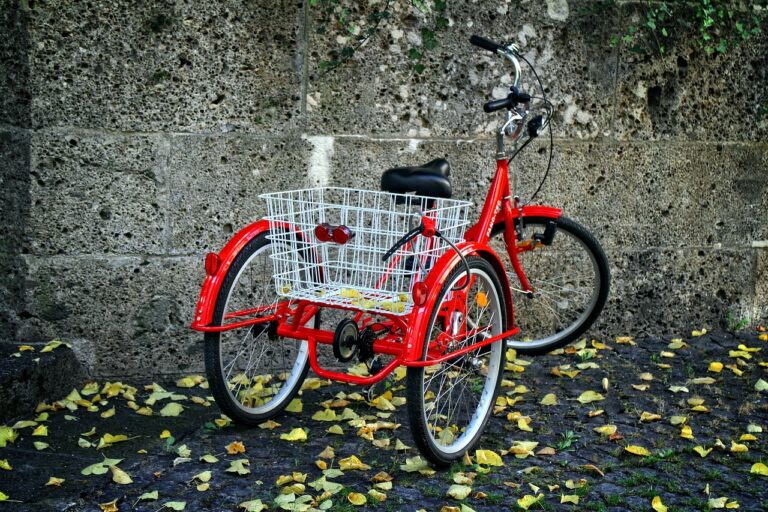Exploring the Market for Smart Environmental Conservation Systems
lotus book 365, play exchange 99, all panel.com:In today’s world, environmental conservation is more critical than ever. With climate change on the rise and ecosystems under threat, it’s essential to find innovative solutions to protect our planet. Smart environmental conservation systems offer a unique and advanced approach to preserving the environment, and the market for these systems is growing rapidly.
Let’s delve into the world of smart environmental conservation systems and explore the market dynamics shaping their development and adoption.
Understanding Smart Environmental Conservation Systems
Smart environmental conservation systems leverage the power of technology to monitor, manage, and protect natural resources more efficiently. These systems use sensors, data analytics, and automation to collect real-time data on environmental conditions and make informed decisions to optimize conservation efforts.
From smart irrigation systems that reduce water wastage in agriculture to advanced waste management solutions that promote recycling and reduce landfill waste, smart environmental conservation systems are transforming the way we protect our planet.
Exploring the Market Dynamics
The market for smart environmental conservation systems is driven by a combination of factors, including increasing awareness of environmental issues, government regulations promoting sustainable practices, and technological advancements that make these systems more accessible and affordable.
In recent years, the market has seen significant growth, with a wide range of companies and startups developing innovative solutions to address environmental challenges. From established players in the technology and agriculture sectors to new entrants focusing on niche environmental issues, the market for smart environmental conservation systems is diverse and dynamic.
Key trends shaping the market include the integration of artificial intelligence and machine learning algorithms to improve system performance, the emergence of cloud-based solutions that enable real-time monitoring and remote management, and the growing adoption of Internet of Things (IoT) devices to connect sensors and devices for seamless data collection and analysis.
FAQs:
1. What are the benefits of smart environmental conservation systems?
Smart environmental conservation systems offer a wide range of benefits, including reduced resource consumption, lower operating costs, improved environmental outcomes, and increased efficiency in conservation efforts.
2. How can I get started with smart environmental conservation systems?
To get started with smart environmental conservation systems, start by assessing your environmental conservation needs and researching available solutions that align with your goals. Reach out to vendors and consultants specializing in smart environmental solutions to explore your options and develop a tailored strategy for implementation.
3. Are smart environmental conservation systems expensive?
While some smart environmental conservation systems can be expensive to implement, the long-term benefits in terms of cost savings, improved sustainability, and environmental impact often outweigh the initial investment. Additionally, there are a variety of funding sources and incentives available to support the adoption of smart environmental conservation systems.
In conclusion, the market for smart environmental conservation systems is thriving, driven by a growing demand for sustainable solutions and technological innovation. By exploring this market and embracing smart environmental conservation systems, we can work together to protect our planet for future generations.






